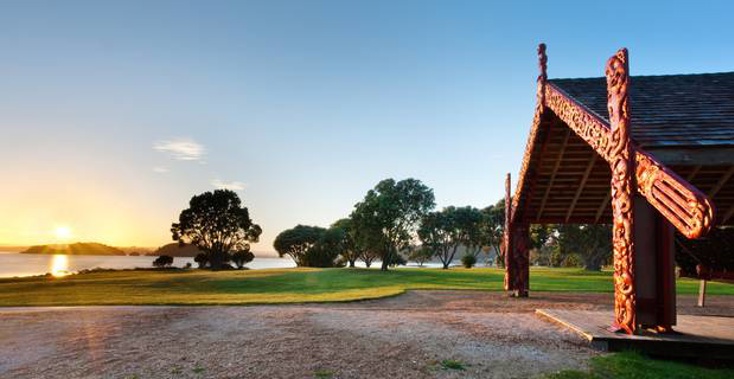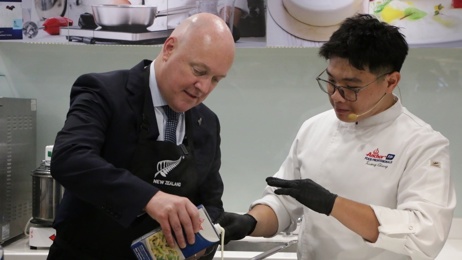
It's 15 years ago that Don Brash made his famous (or infamous depending on where you sit) speech advocating one rule for all and ending what he saw as special privileges for Māori.
Brash certainly struck a note with the public, catapulting in the opinion polls and coming within a hair's breadth of toppling Helen Clark from the Beehive's ninth floor.
But his ideology, which on the face of it may seem fair, was of course not adopted and wouldn't have worked - but neither is what we've been doing since.
Māori statistics are a damning indictment on all of us. The country isn't working in the best interests of our indigenous people and we can only live in hope that changes which came into play this week will at least help to start putting things right.
A billion bucks is being poured into Oranga Tamariki to try and get the more than 6000 kids, over half of them Māori, out of care and back into their own homes. In four years' time there'll be a workforce of close to a thousand getting alongside at-risk families to try and teach them how to parent, to manage their finances and all the other pressures they're clearly battling with.
What starts at the kitchen table flows on through life.
The Waitangi Tribunal's published a report calling for a standalone Māori health agency, because again for a variety of reasons our indigenous people's well-being is suffering. It's almost 20 years since the politicians last showed some determination to close the yawning gap between Māori and non-Māori health outcomes.
But the gap remains as wide as ever, with Māori dying on average seven years earlier than the rest of us and with them faring worse in most areas of healthcare from virtually every ailment to simply accessing the system.
And when Māori reach their teens they're much more likely to end up in jail than the rest of us. Of the more than 11,000 people under the age of 18 arrested last year, 66 per cent of them were Māori - up from 40 per cent just seven years earlier.
Fortunately the cops are working on two fronts on that one. The Turning of the Tide strategy focuses on prevention rather than enforcement and another is Te Pae Oranga which sees someone who's arrested being referred to an iwi community panel to be heard.
And more importantly the process aims to promptly repair the harm caused by the offending by using the restorative community panel. Hopefully it makes them understand the error of their ways and take another path to their future.
Now if these measures are giving Māori special privileges then we should be all for it - because the system's clearly not working.
Take your Radio, Podcasts and Music with you









